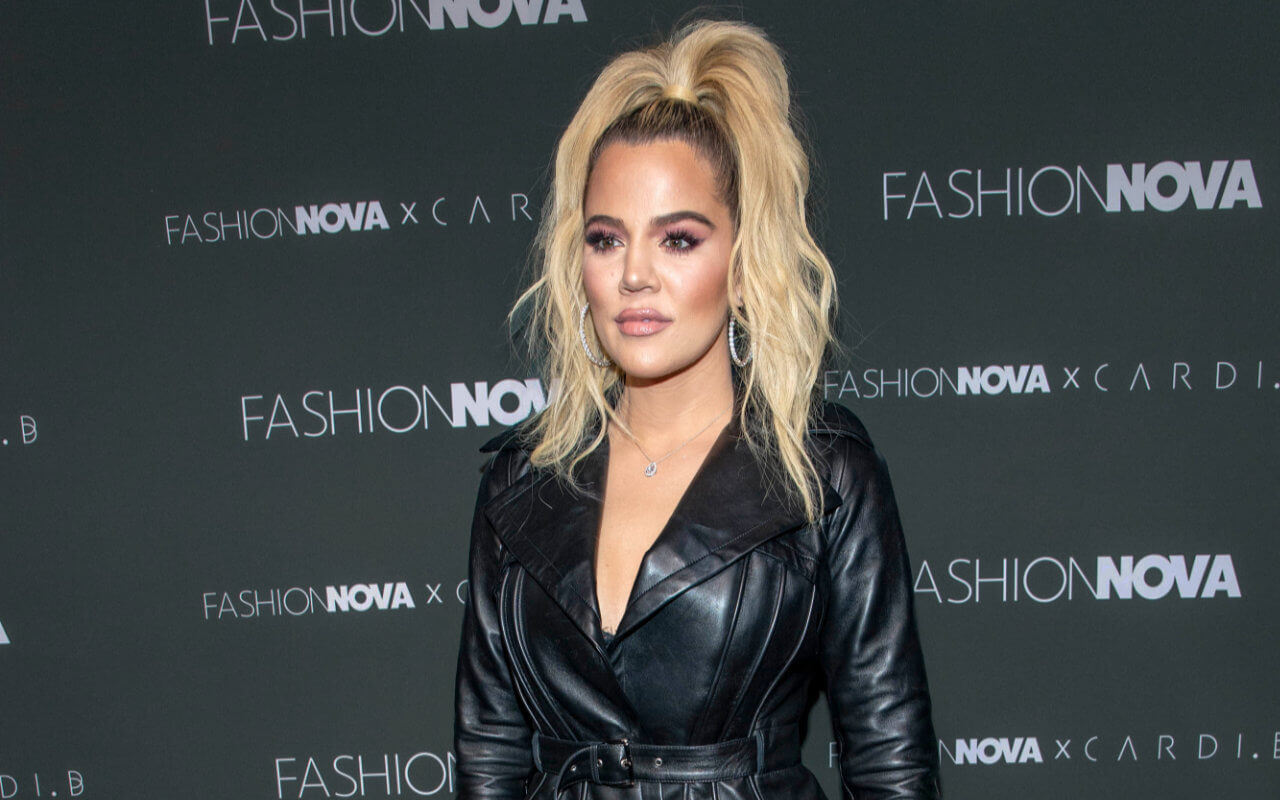Surrogacy recently hit the international news as Khloe Kardashian has made comments during the third season of The Kardashians about her experience with the surrogacy process that resulted in the birth of her son. She mentioned that she felt “guilty” and that it felt like a “transactional experience”. She said it was “very different” to bringing her other child into the world and called for more honesty about the surrogacy process. These comments highlight and call into question the difference between the commercialisation of surrogacy that is seen in the USA and the altruistic model that is seen here in the UK.
In the UK, surrogates can only receive reasonable expenses (the altruistic model), while in other areas across the globe, including Ukraine, Mexico and various states in the USA compensated surrogacy is permitted (the commercial model).
The reasonable expenses a surrogate can receive via the altruistic model can include medical costs, maternity clothing, travel costs to and from appointments, specialised food or supplements, and classes and therapies to support their pregnancy. In the UK, there is neither a clear law that dictates what constitutes a reasonable expense nor any guidance on how much can be spent on a surrogate. However, Surrogacy UK estimates that a surrogate’s expenses tend to be between £7,000 and £15,000 depending on the personal circumstances of the surrogate. That being said, it can still be common, even under the altruistic model, for surrogates to receive payment under the umbrella term of “reasonable expenses” and demonstrates a way in which the law is not reflective of the current system.
Compensated or commercial surrogacy, in contrast, is where the surrogate is paid for her services, with the amount of compensation she receives varying depending on the specific arrangement she enters into and the country or state that the surrogate lives in. Various celebrities have opted to grow their families using commercial surrogacy arrangements including sisters Kim and Khloé Kardashian, Elton John, Cameron Diaz, Tyra Banks and Neil Patrick Harris, to name just a few.
Many believe that altruistic surrogacy protects the surrogates from being exploited, ensures all parties are acting purely in the best interests of the child and encourages a strong relationship between surrogate and intended parents. Others argue that commercial surrogacy allows women to be fairly compensated for their commitment physically, financially and emotionally while carrying the intended parents’ child. There are many parties who are paid for their time during the surrogacy process, including the lawyers, counsellors, and doctors. Supporters of the commercial model question why the surrogate should not be paid as well, when she is taking the largest health risk. Commercial models tend to make the process clearer from the outset as it is negotiated ahead of conception. This limits the number of disputes regarding reimbursement during and after pregnancy. Proponents of the altruistic model would question whether this leads to, what Khloé Kardashian described as, a “transactional experience”?
Despite UK law only permitting altruistic surrogacy, some UK-based intended parents opt to go abroad to grow their families through commercial surrogacy arrangements. However, this process can cause immigration issues and further legal challenges. Regardless of the laws in the country where the surrogacy arrangement takes place, parents who have used a surrogate internationally are not automatically considered the parent in the UK. The intended parents still need to apply for a parental order in the UK and, if successful, the child will be issued a new birth certificate naming the intended parents as the legal parents.
Winckworth Sherwood asked Sarah Taylor Jones, CEO of Surrogacy UK, to comment on this point during her recent interview with Charlie Geyton for National Surrogacy Week 2023. She remarked that “when you compare countries based on whether they use the altruistic or commercialised system, you’re comparing the two places culturally so you’re comparing two very different things”. This highlights that there is no right or wrong option when comparing commercial and altruistic surrogacy. Sarah Taylor Jones mentioned that she had attended a conference recently with surrogates from all over the world and said that even in a strictly commercial arrangement, “there was still an element of altruism”. However, she did emphasise that most of the surrogates she spoke to from jurisdictions that permit commercial surrogacy would not have been a surrogate without the compensation.
Sarah said that the anxiety of feeling disconnected from the child is, however, a common concern for many intended mothers, like those voiced by Khloé, regardless of the type of surrogacy they choose. She said that in her experience, “the surrogates tend to be conscious of this and accommodating of methods that make the intended parents feel closer to the baby”. She gave examples of methods that Surrogacy UK use to encourage the intended parents to feel more connected to the child both when in utero and when the child is born. She said they use “belly buds (earphones for your belly), so the intended parents can speak to the baby. In most cases, the intended parents are at the birth and catch the baby and have skin to skin contact with the intended mothers. Intended mothers can even induce lactation and breast feed. Surrogacy UK are keen to ensure that the mothers have these key bonding experiences. I think this stems from the system we have in the UK of the surrogacy being a relationship, not a transaction”.
If you are considering conceiving using a surrogate, whether through altruistic or compensated surrogacy, it is essential to be aware of the laws that govern your chosen method of surrogacy. The Family Team at Winckworth Sherwood are well placed to help you navigate the complexities of surrogacy law if you are considering becoming, or already are, an intended parent.



